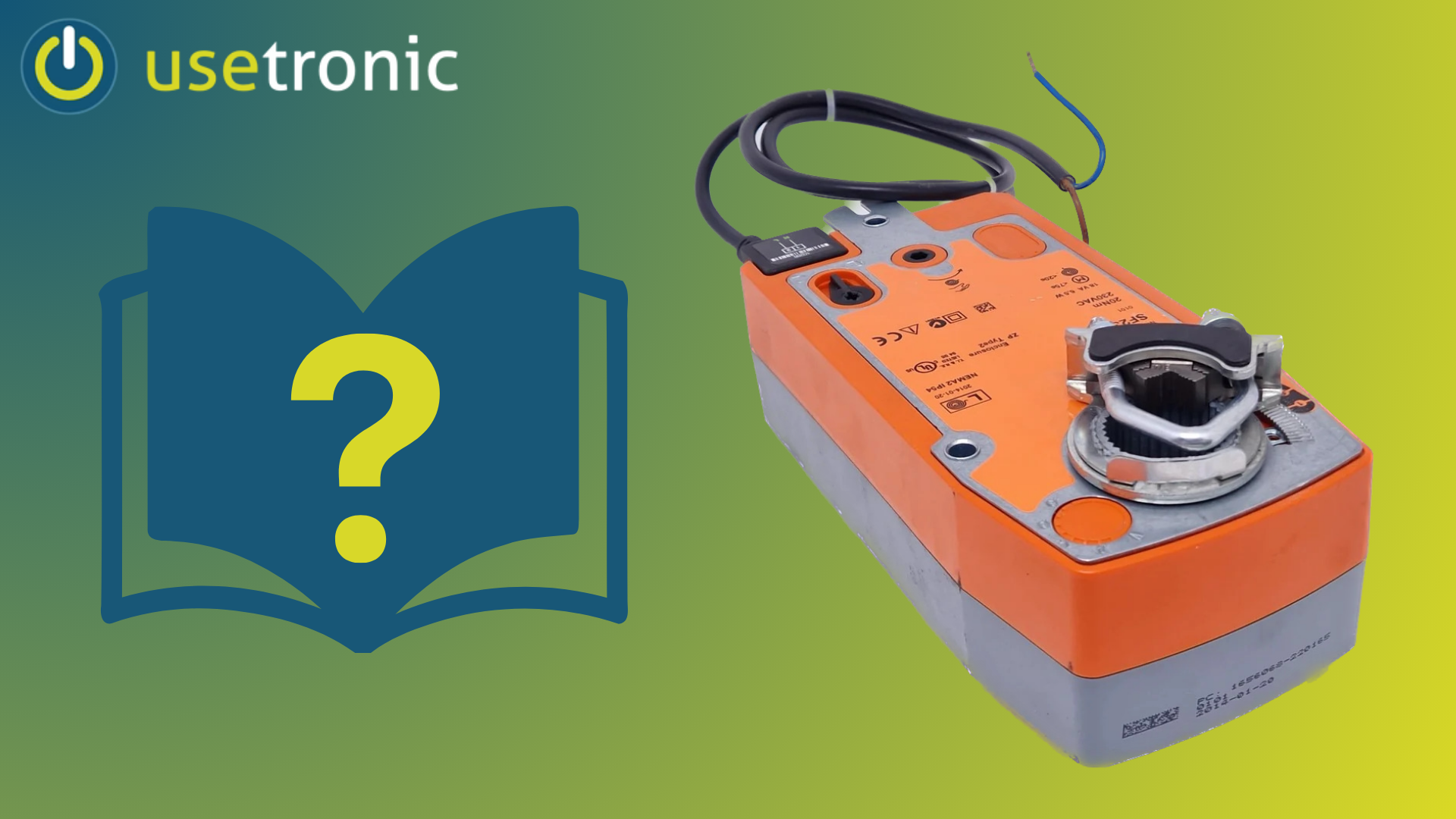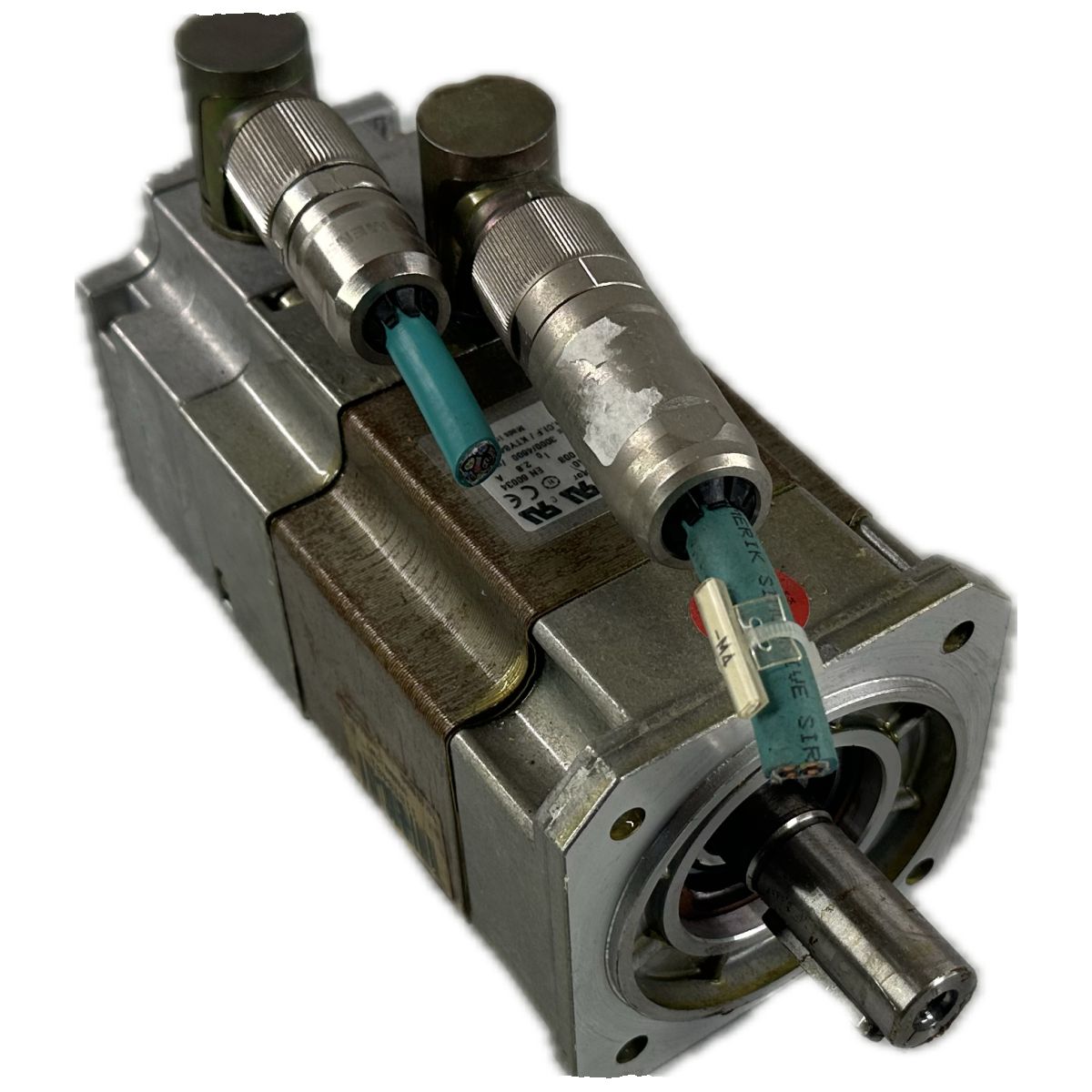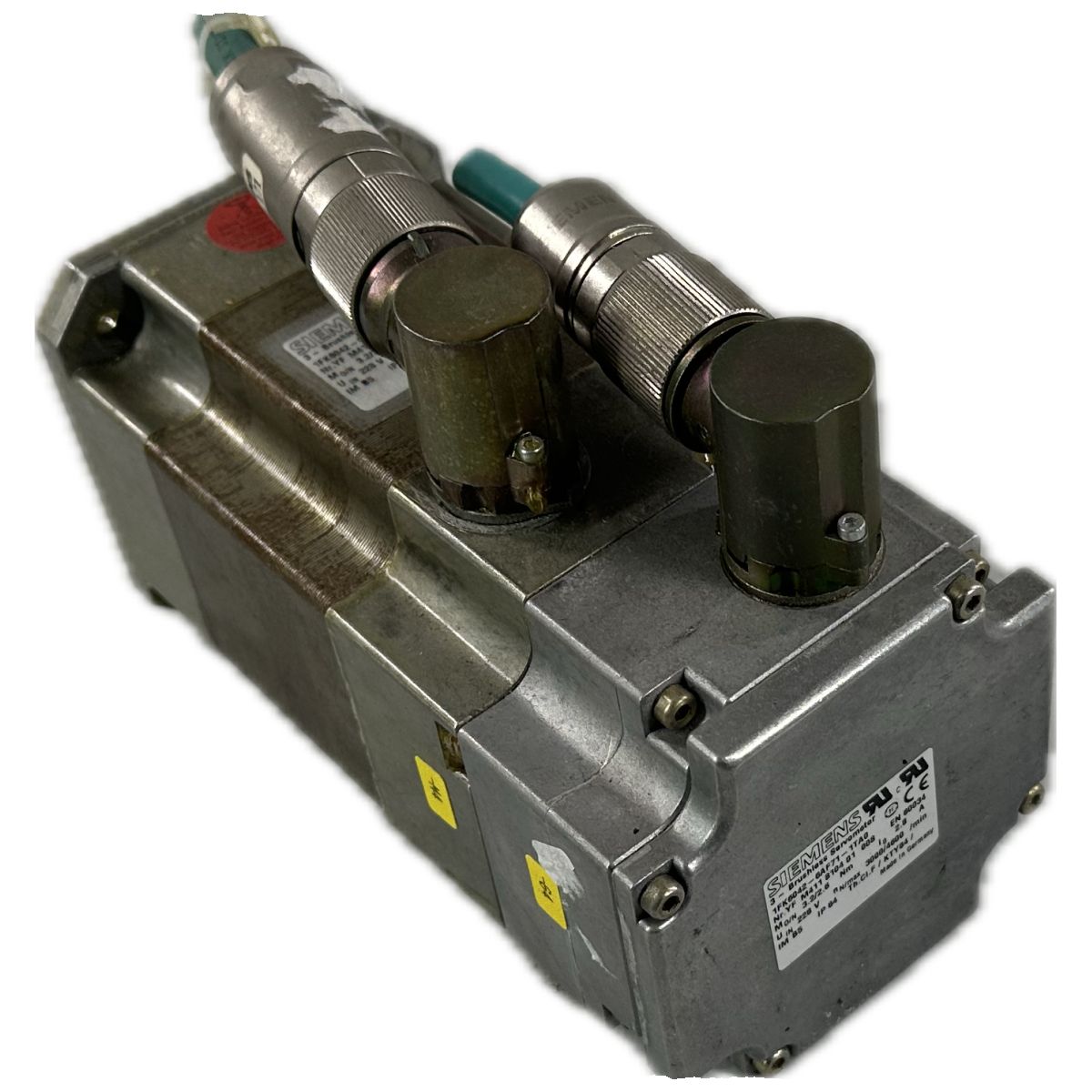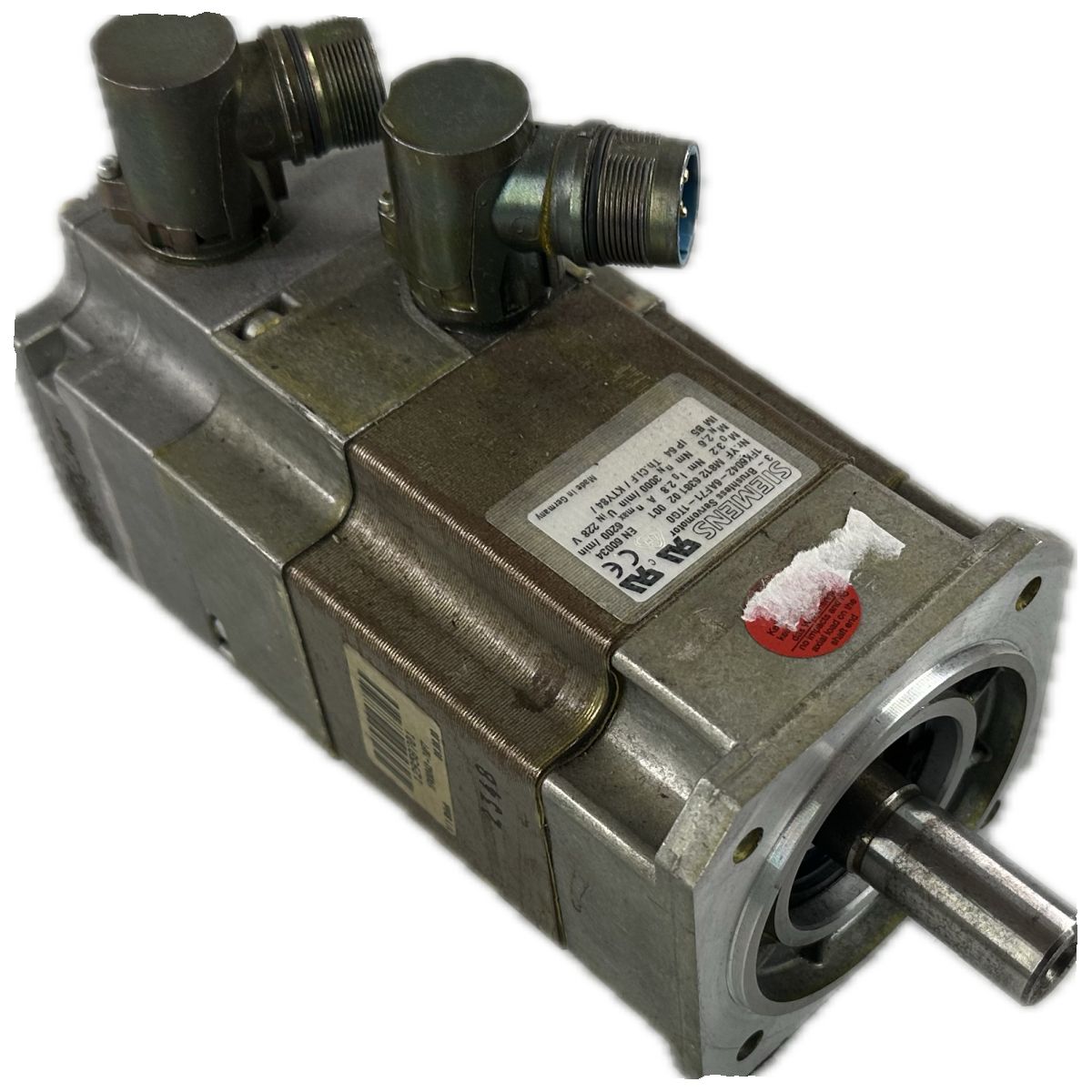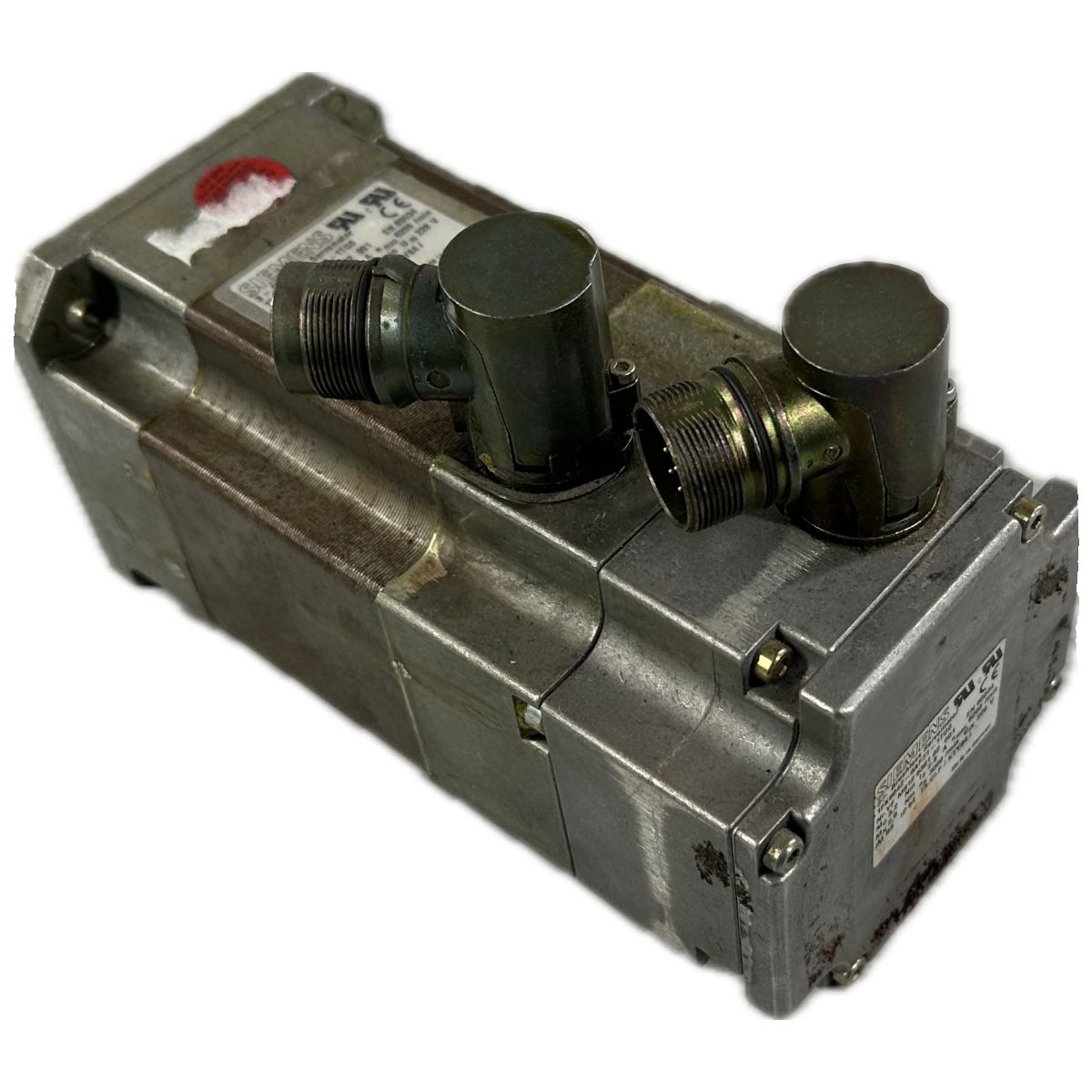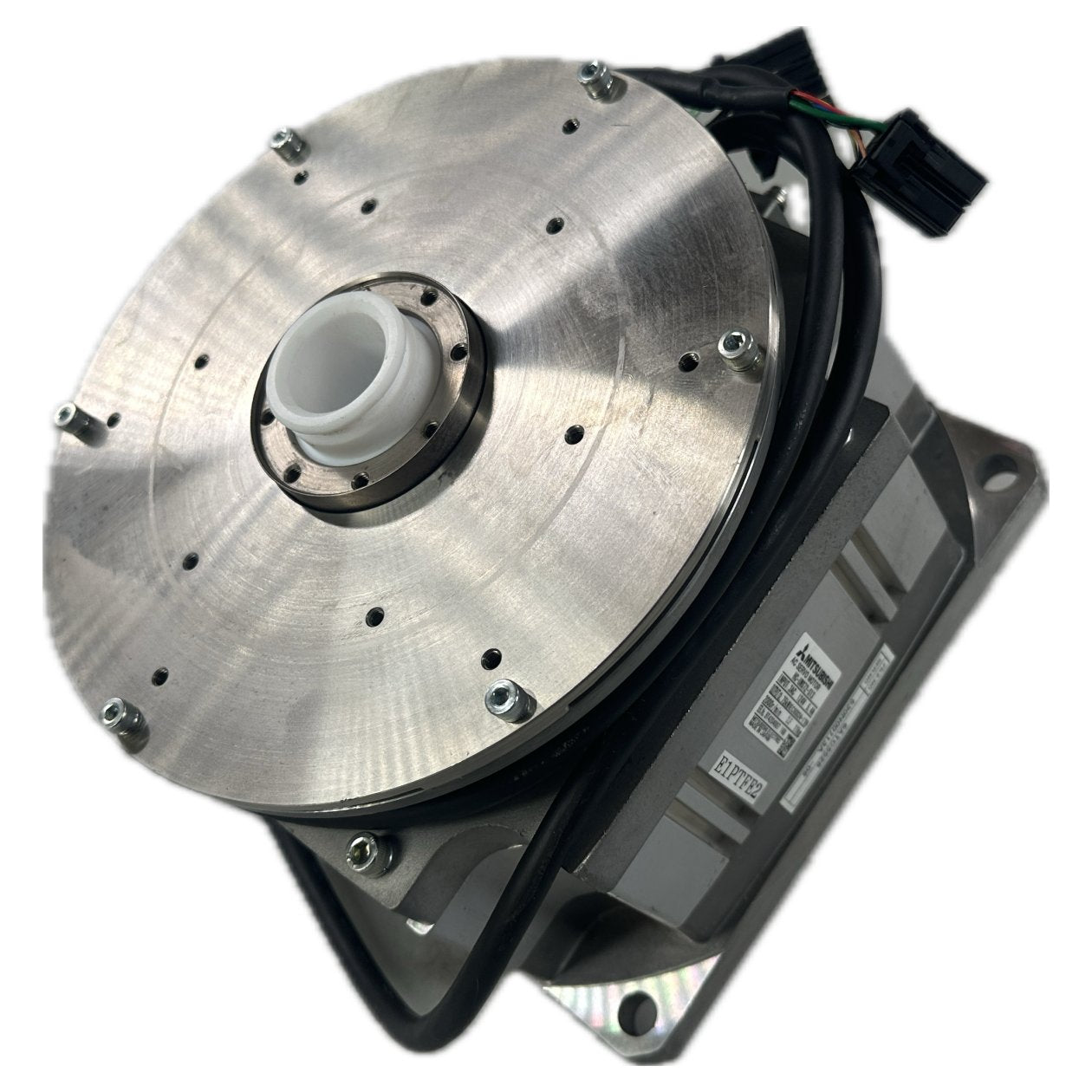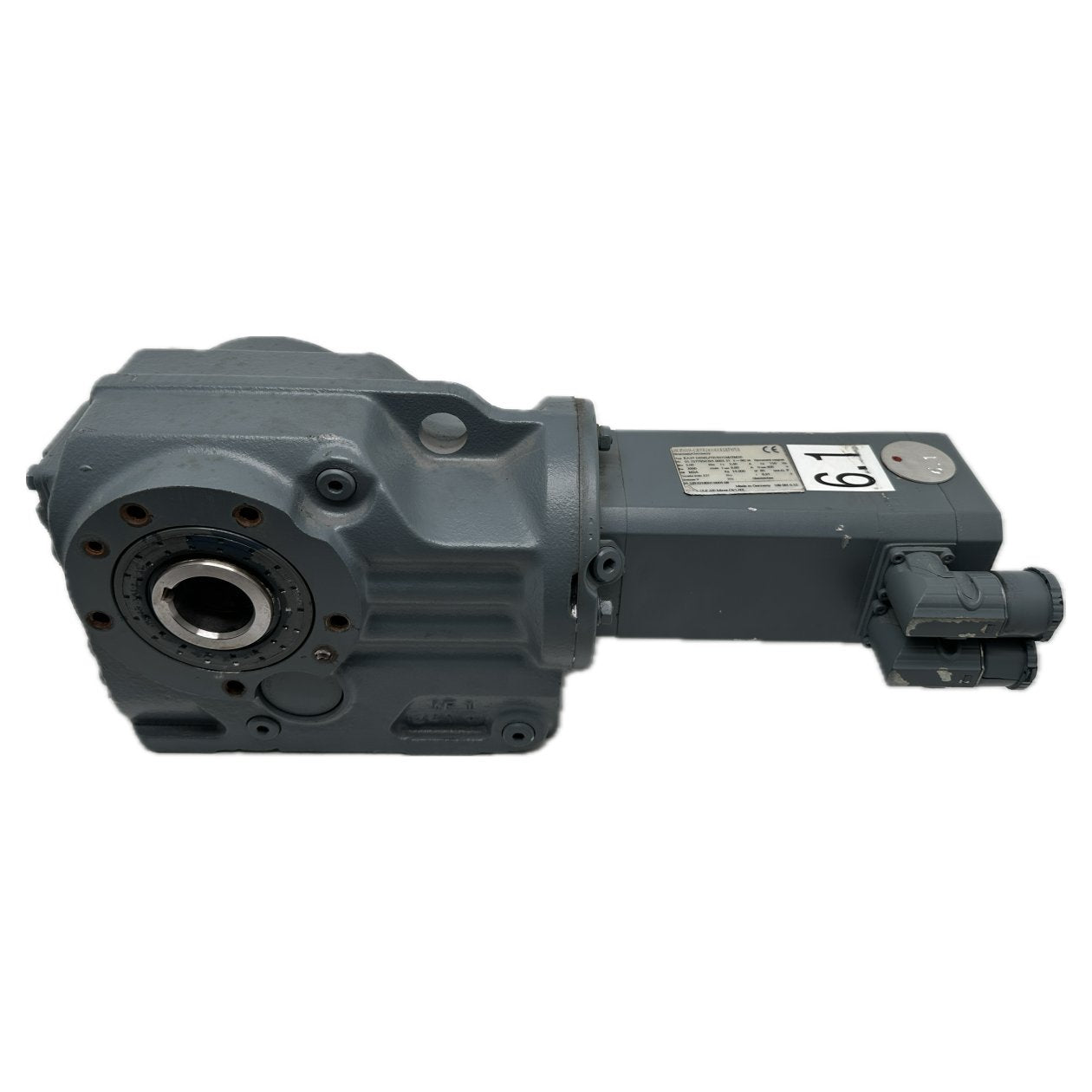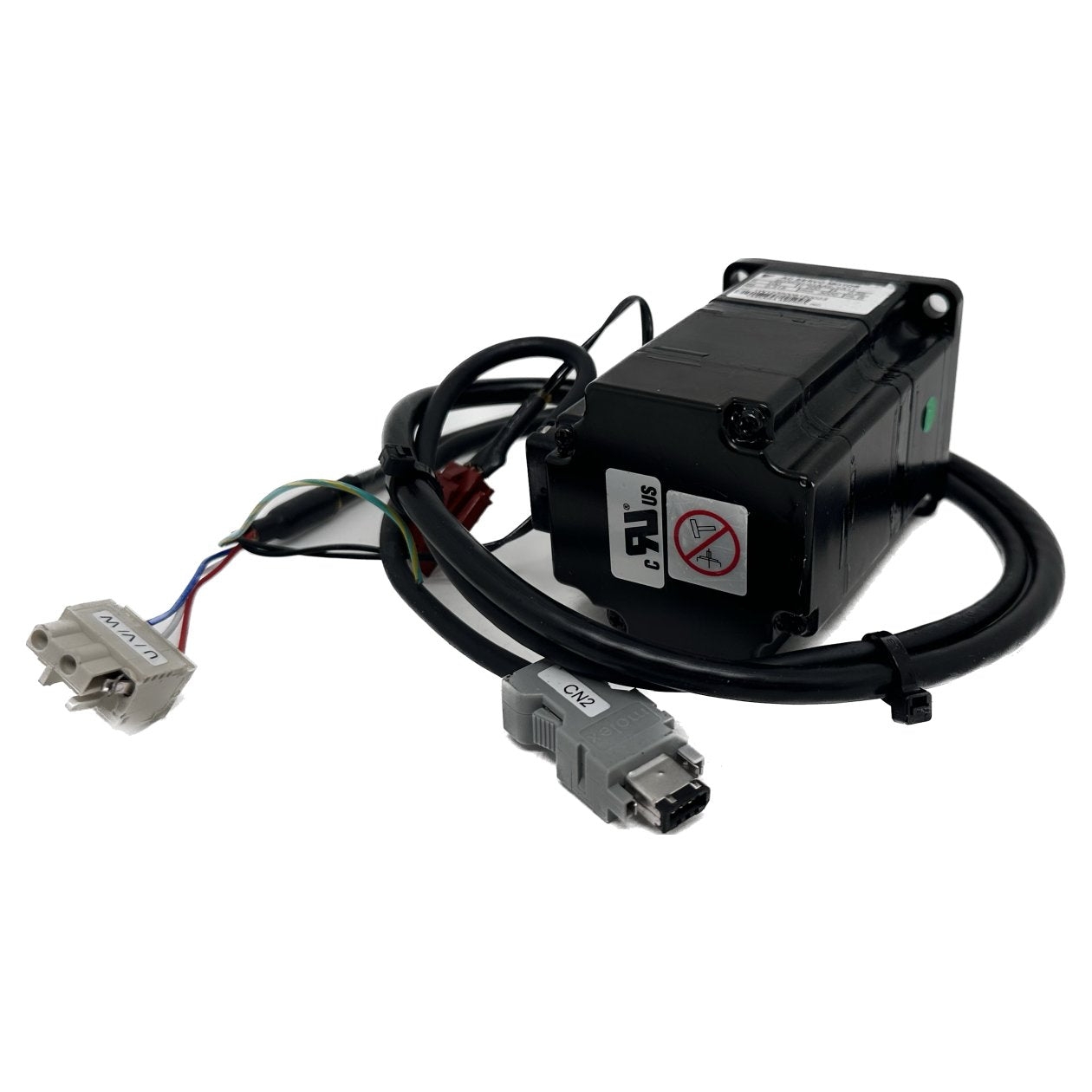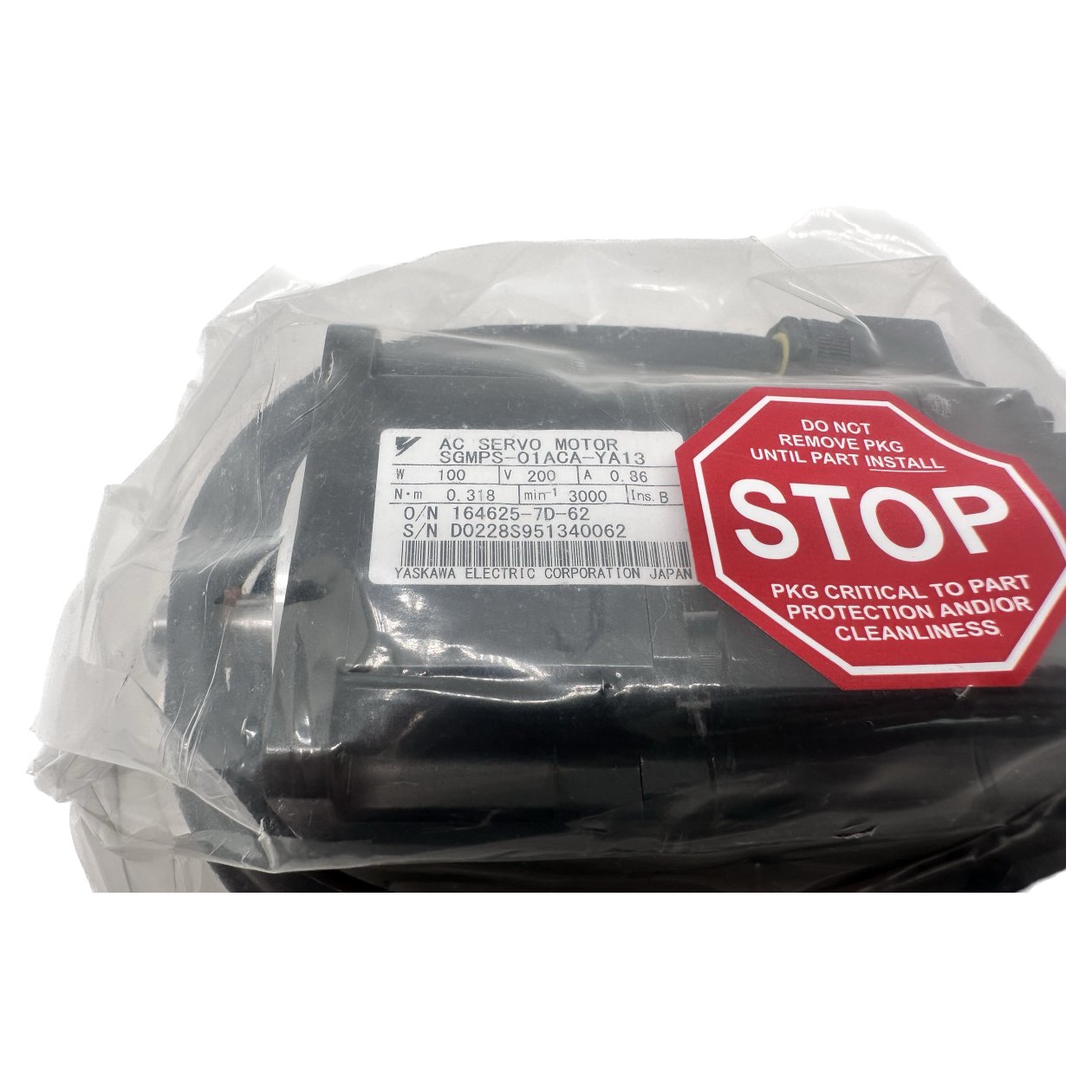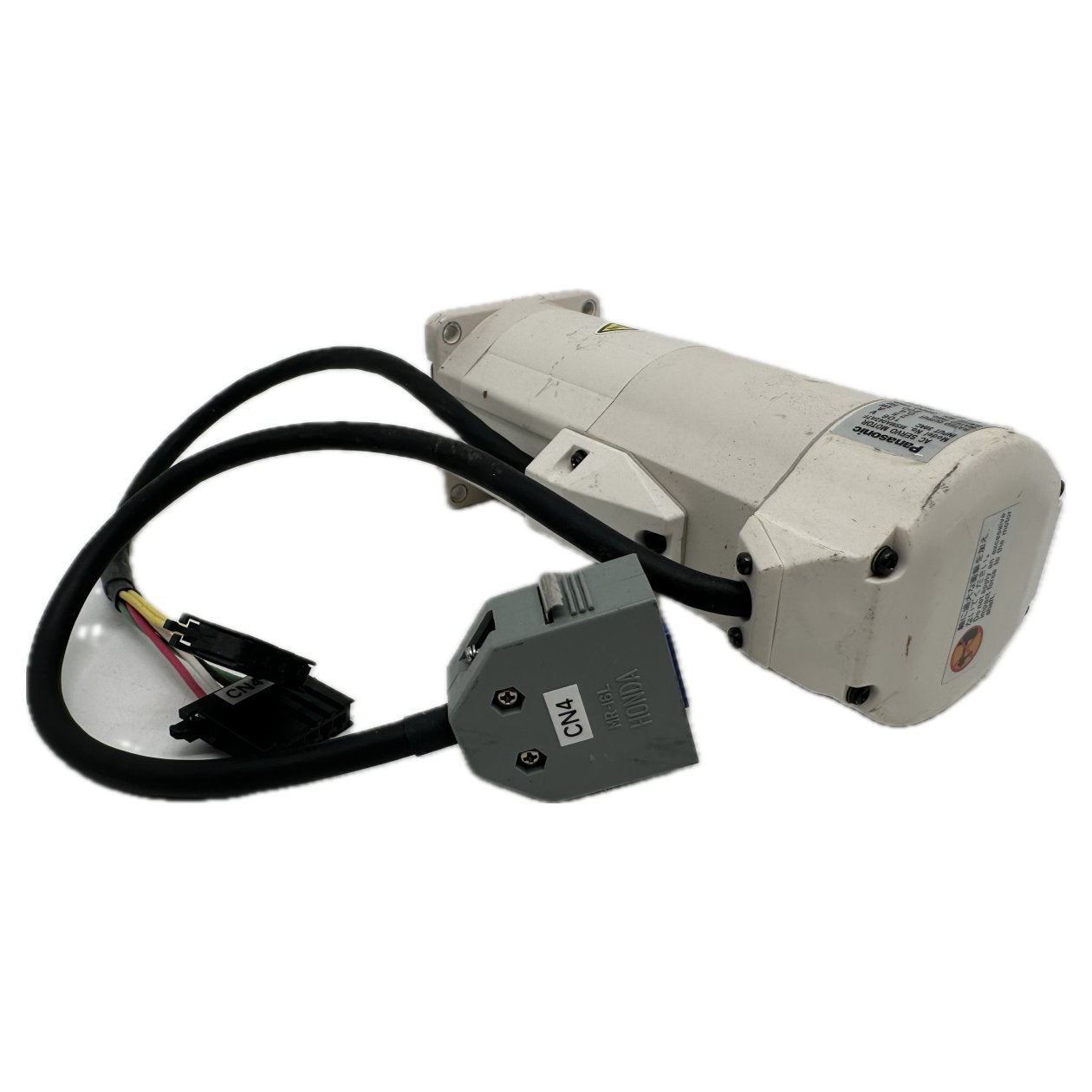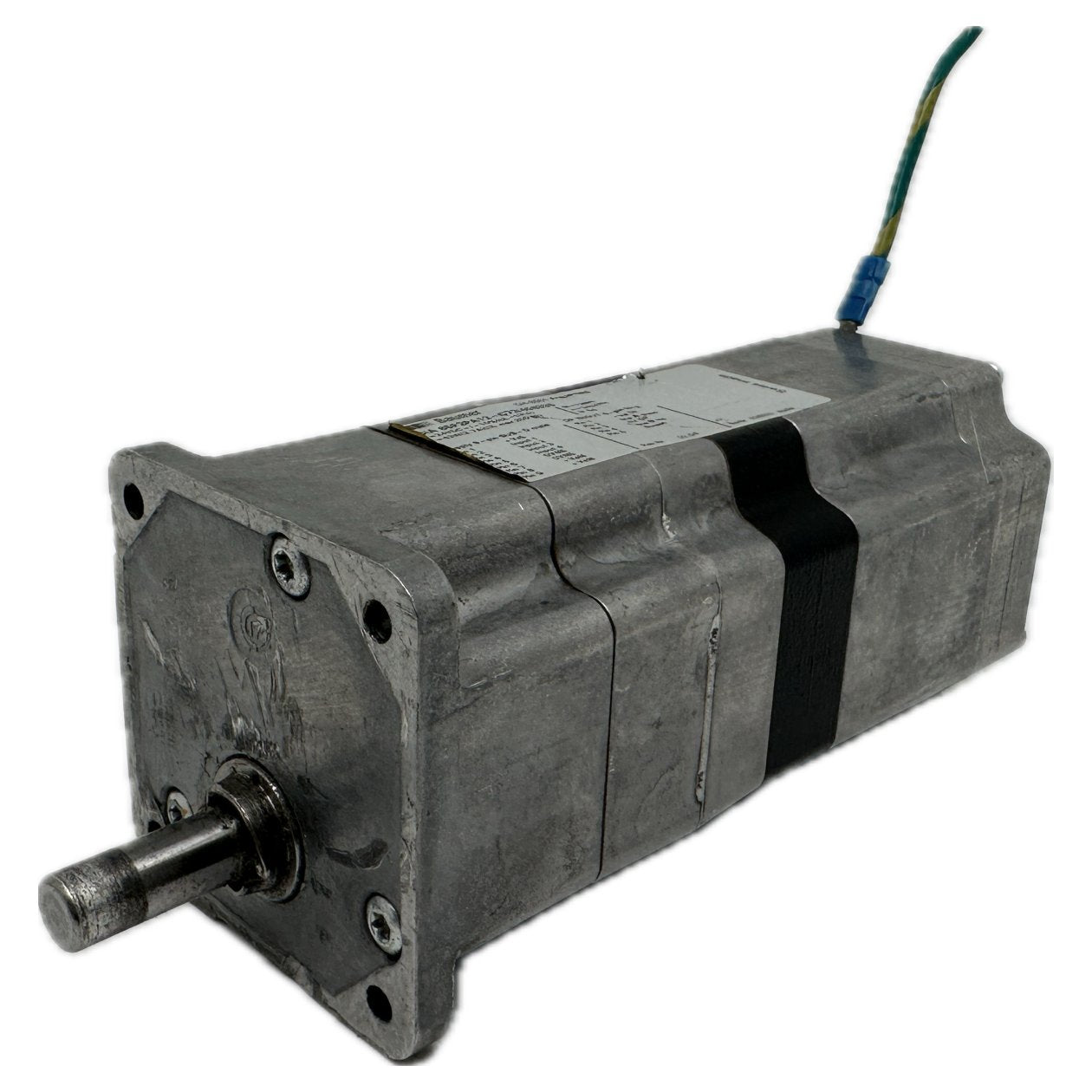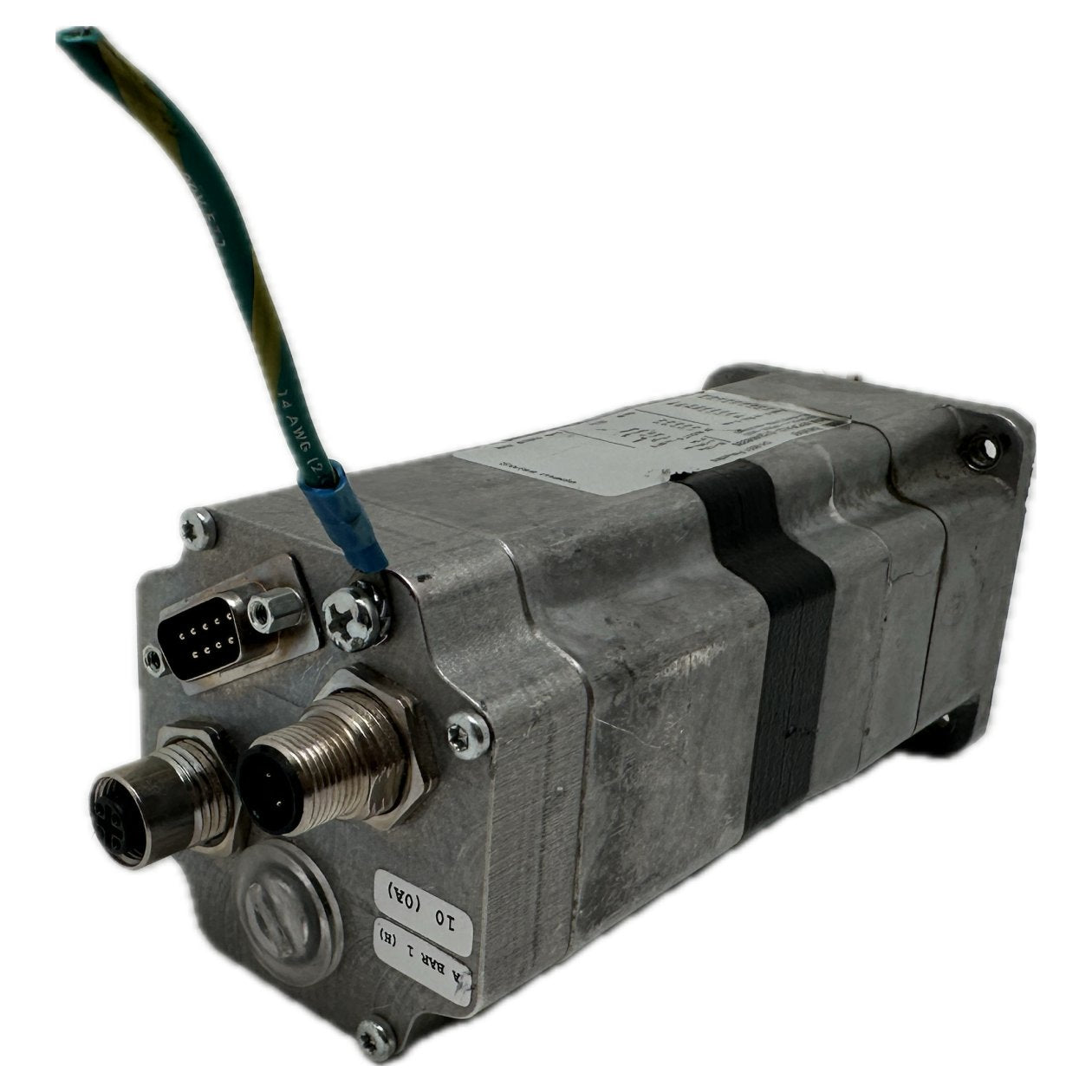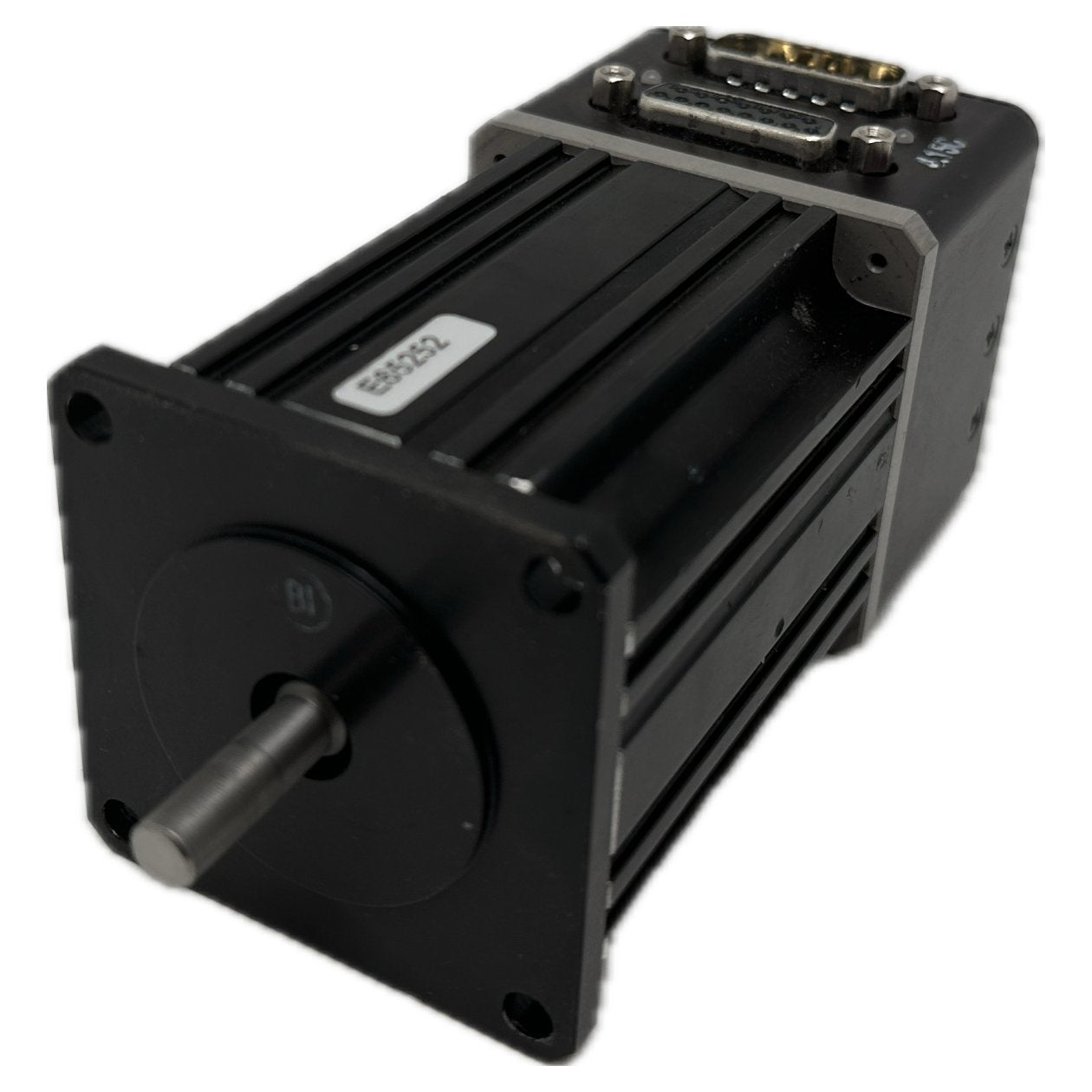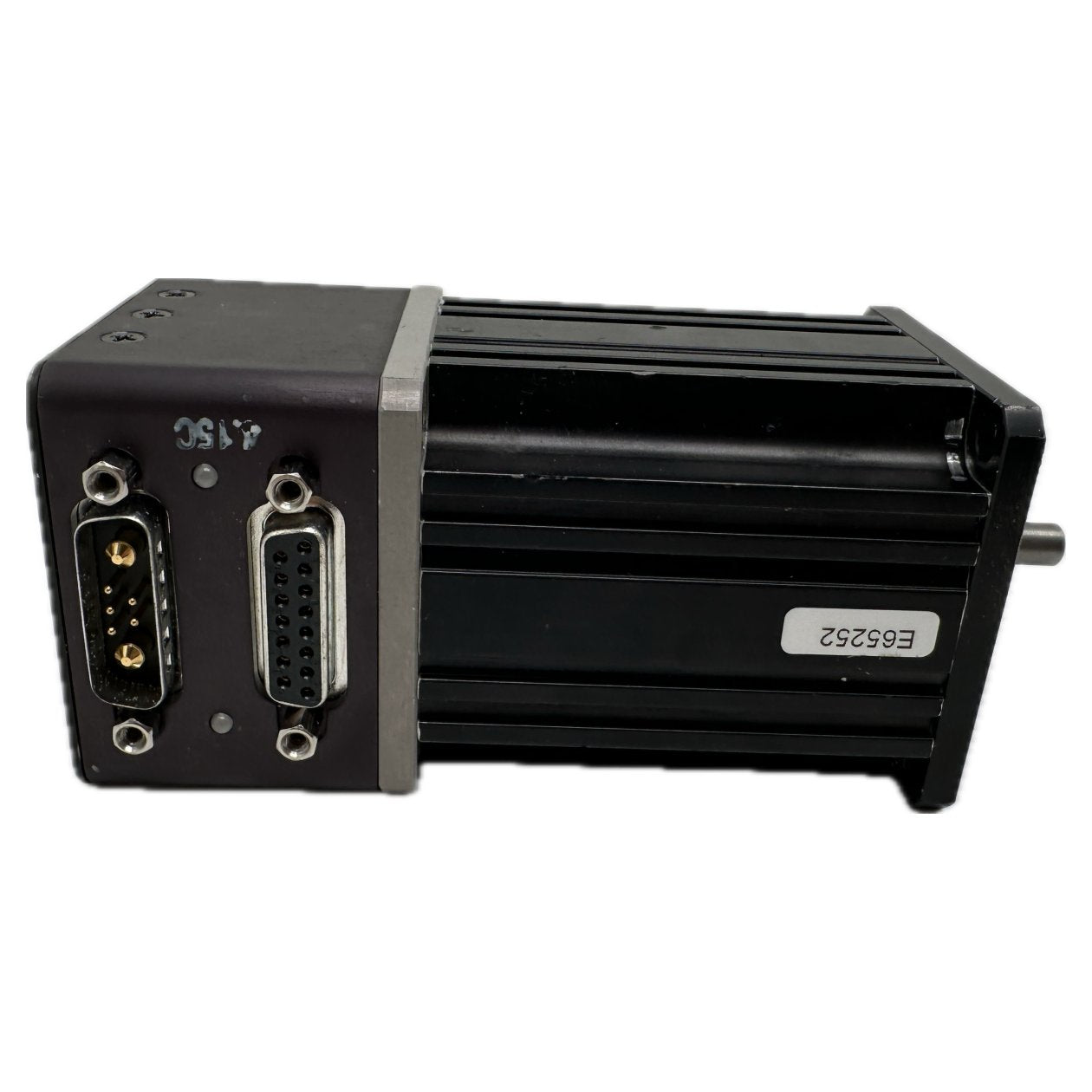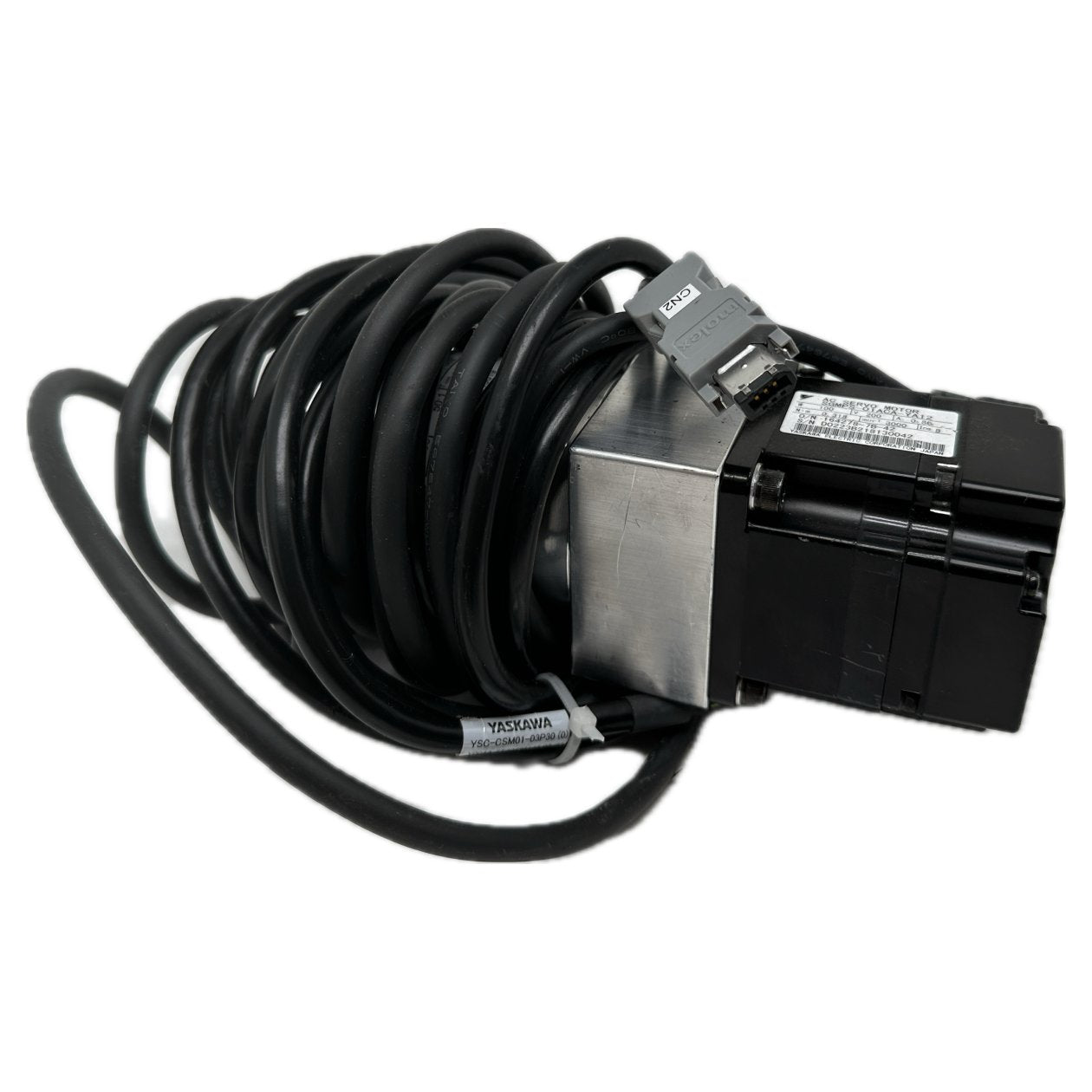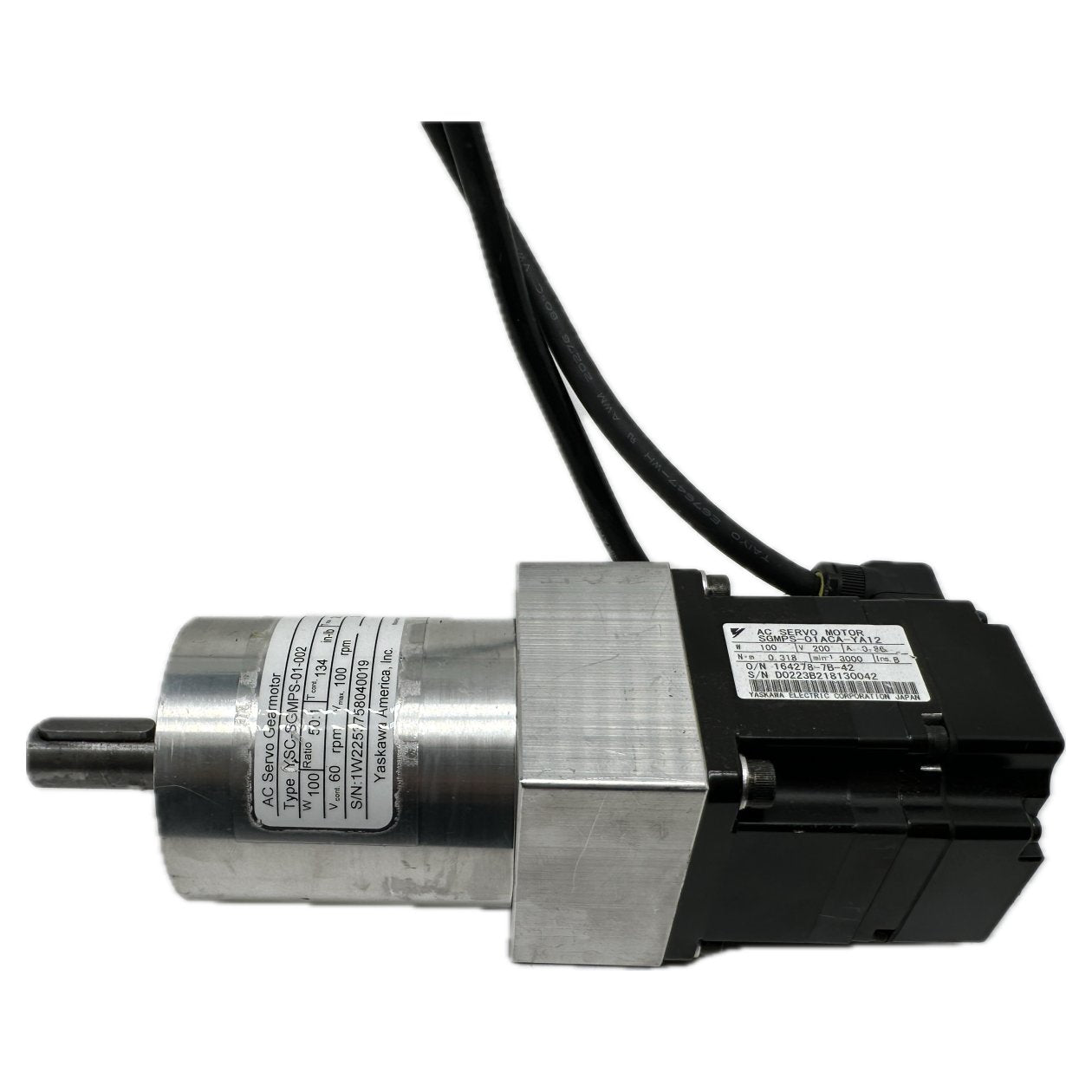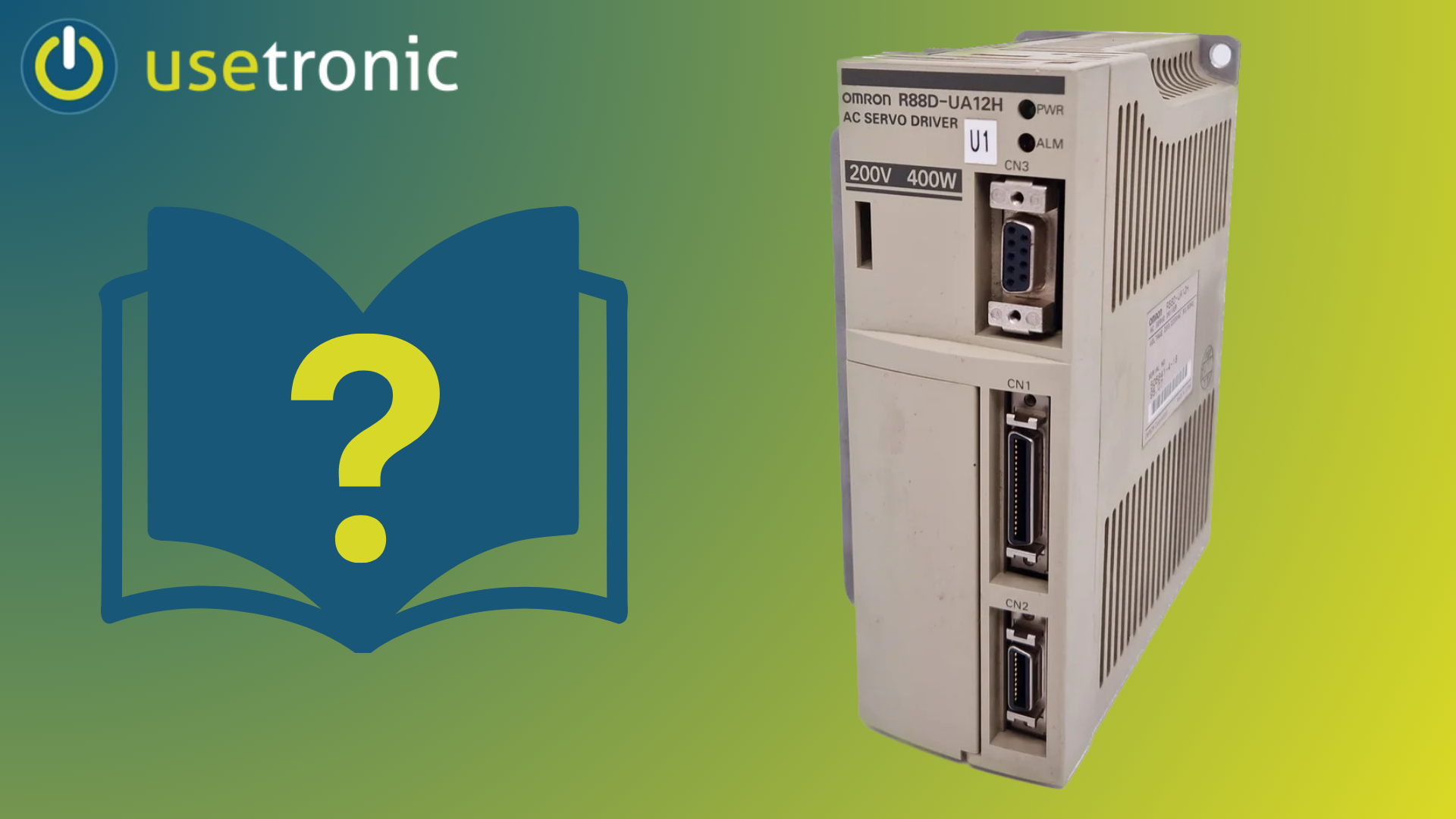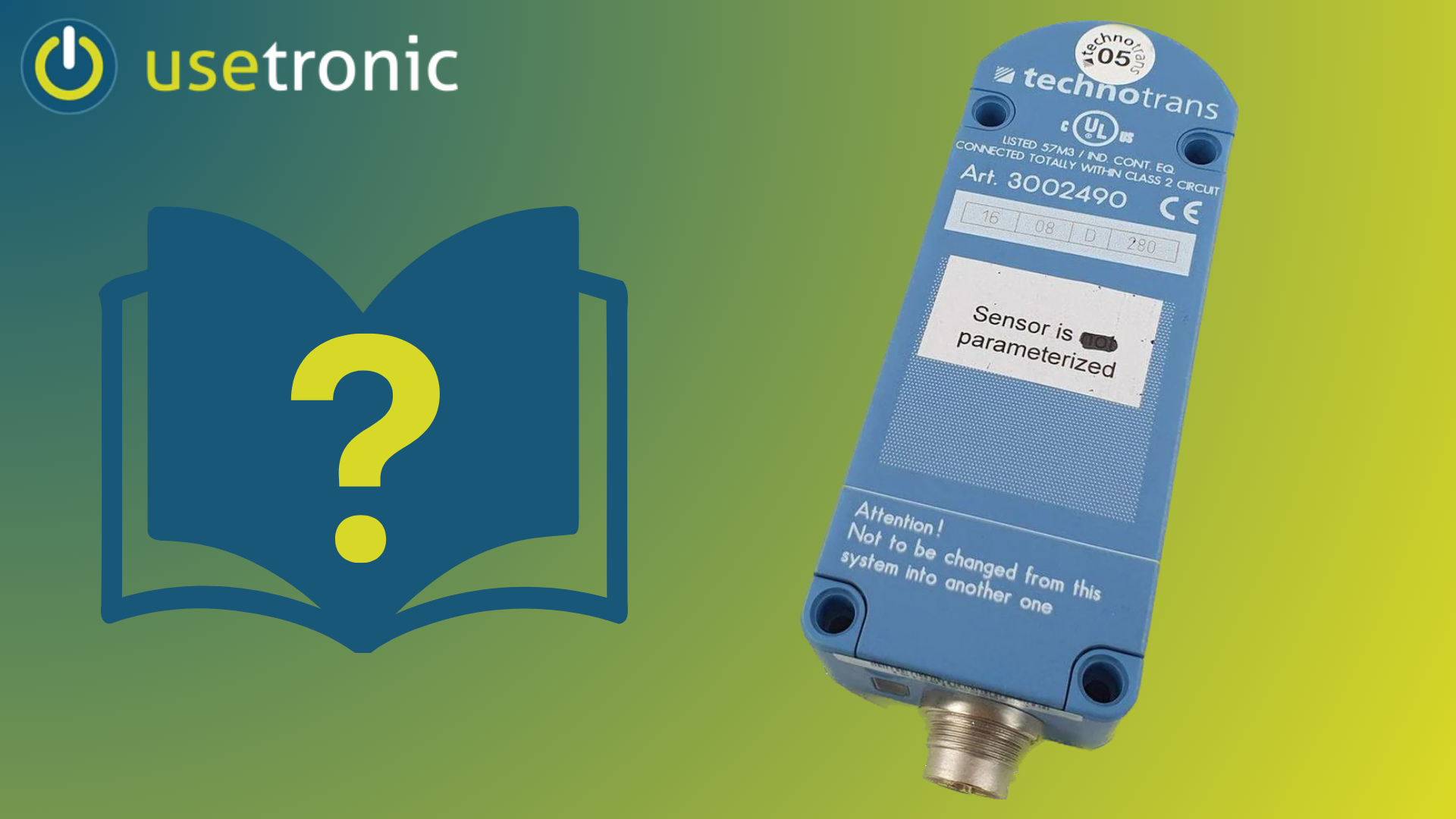What Is an Actuator? Simply Explained
An actuator is a mechanical or electronic device that converts a control signal into a controlled movement – for example, to automatically open or close valves, dampers, slides, or throttles in machines or systems. Depending on the application, there are electric, pneumatic, or hydraulic types.
🔧 How Does an Actuator Work?
The basic process is always similar:
- A control unit sends an electrical or analog signal (e.g., 0–10 V, 4–20 mA, or digital commands).
- The actuator receives the signal and converts it into rotary or linear motion.
- A gearbox transmits the force to the moving part (e.g., the spindle of a valve).
- Optionally, sensors provide feedback on the current position.
Example: In a heating system, an actuator controls the flow through a radiator valve based on the room temperature.
⚙️ Where Are Actuators Used?
- Building automation – for heating, ventilation, and air conditioning systems (e.g., air damper control).
- Process industry – for controlling the flow of liquids or gases.
- Water & wastewater management – to operate pipeline valves.
- Mechanical engineering – in presses, packaging, or production systems.
- Power engineering – for turbines, steam lines, or boiler systems.
✅ Advantages of Actuators
- 🔹 Automated control – no manual intervention needed
- 🔹 Precise positioning – ideal for sensitive processes
- 🔹 High operational reliability – especially in critical systems
- 🔹 Versatile designs – scalable for various applications
⚠️ Disadvantages & Challenges
- ❌ Higher initial cost compared to manual solutions
- ❌ Requires regular maintenance for mechanically stressed components
- ❌ Sensitive to power failures (for electric versions)
📊 Comparison: Electric, Pneumatic or Hydraulic?
| Type | Features | Typical Application |
|---|---|---|
| Electric | Precise, quiet, easy to control | Buildings, HVAC, manufacturing |
| Pneumatic | Fast, reliable, requires compressed air | Industry, packaging |
| Hydraulic | Very high force, robust | Heavy industry, energy sector |
🧠 Conclusion: Why Are Actuators So Important?
Actuators are essential components in modern automated systems. They ensure precise, reliable, and energy-efficient motion – from heating systems to large-scale industrial plants.
❓ Frequently Asked Questions (FAQ)
▶️ What exactly does an actuator do?
An actuator converts an electrical or pneumatic signal into mechanical motion – for example, to open or close a valve.
▶️ What types of actuators are there?
The most common types are electric, pneumatic, and hydraulic actuators – depending on the required force, speed, or precision.
▶️ Where are actuators used?
In building automation, plant engineering, water management, or the process industry – wherever things need to be controlled automatically.
▶️ How long does an actuator last?
Depending on the design and usage, anywhere from several years to decades – provided it receives regular maintenance.

